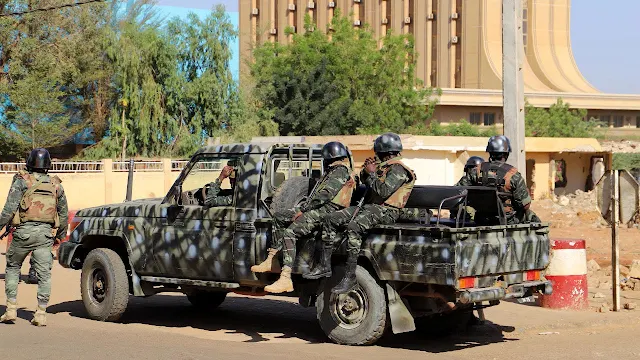Gen Tchiani, who was at the helm of the presidential guards unit, led his forces to seize President Mohamed Bazoum, the country's elected leader, during the takeover. According to reports from the BBC, President Bazoum is believed to be in good health but remains in captivity under the control of his own guards.
The coup has elicited widespread condemnation from various international bodies, including the African Union, the West African regional bloc (Ecowas), the European Union, and the United Nations. The swift denunciation reflects the international community's rejection of any attempts to subvert democratically elected governments.
Aged 62, Gen Tchiani has held the position of commanding the presidential guard since 2011 and was further promoted to the rank of general in 2018 by former President Mahamadou Issoufou.
In a televised address, Gen Tchiani cited multiple issues plaguing Niger as reasons for the junta's takeover. These issues include concerns about security, economic challenges, corruption, and other pressing matters.
The situation in Niger remains tense, with uncertainties surrounding the country's political stability and democratic institutions. The international community's condemnation reflects the significance of upholding democratic principles and the peaceful transfer of power in the region and across the globe.
As the situation unfolds, the eyes of the world are on Niger, awaiting further developments and hoping for a swift and peaceful resolution to the crisis. The impacts of the coup on Niger's citizens and the broader regional implications are being closely monitored, with calls for a return to constitutional order and respect for democratic processes echoing across the international community.



